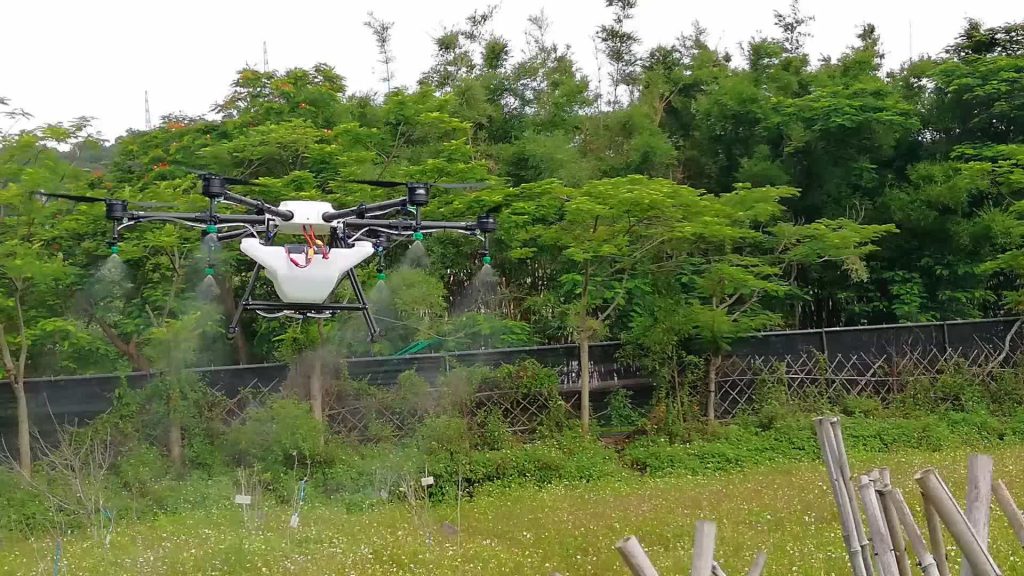According to the prediction of the meteorological department, due to the impact of the No. 5 typhoon “Dussuri” heading north, it is expected that there will be heavy to rainstorm and local heavy rainstorm from July 30 to August 2, accompanied by short-time strong wind, hail and other meteorological disasters. How should farmland be managed in such weather? The Beijing Agricultural Technology Promotion Station has successively issued multiple guidance opinions for growers, facility agriculture, vegetable management, and more.
According to the introduction of Beijing Agricultural Technology Popularization Station, spring maize has entered the grouting period in Beijing, and summer maize is in the jointing stage to the big bell mouth stage. The rainstorm and strong wind brought by the typhoon will have a certain adverse impact on maize and other crops in Beijing. It is recommended that growers should take precautions in advance, clear and dredge field ditches, weed, branches and other debris, prepare water pumps, water pipes and other drainage equipment, and make drainage preparations, Prevent large-scale waterlogging.
It is recommended that the main body of facility agricultural production carry out risk assessment of agricultural facility structures, inspect, reinforce, and repair old facilities. For high-risk facilities, temporary support columns can be added, usually one wooden pole or steel pipe every 6 meters, to eliminate safety hazards. On the basis of strengthening the facilities, timely repair the damaged greenhouse film, check the condition of the pressure film line, pressure film soil, ground anchor, etc., and use woven bags to load soil blocks around in advance for backup.
The Beijing Agricultural Technology Promotion Station stated that the heavy rainfall may also have a certain impact on vegetable production. Therefore, it is recommended that farmers and agricultural production enterprises with sunlit greenhouses, especially those with earthen walls, pay attention to preventing rainwater erosion and erosion of exposed walls and back slopes. Felt and plastic film can be covered on the exterior and back slopes of the walls to prevent rain. Old sheds that have been planted for many years should be covered with film or non-woven fabric to prevent the back walls and east and west mountain walls of the shed from being soaked in rainwater. In addition, it is necessary to inspect the greenhouse drainage system and clean up any debris and obstructions that hinder drainage. Soil the high seedling vegetables to prevent them from lodging, and timely harvest the vegetables that can be harvested.







Please sign in to comment
register